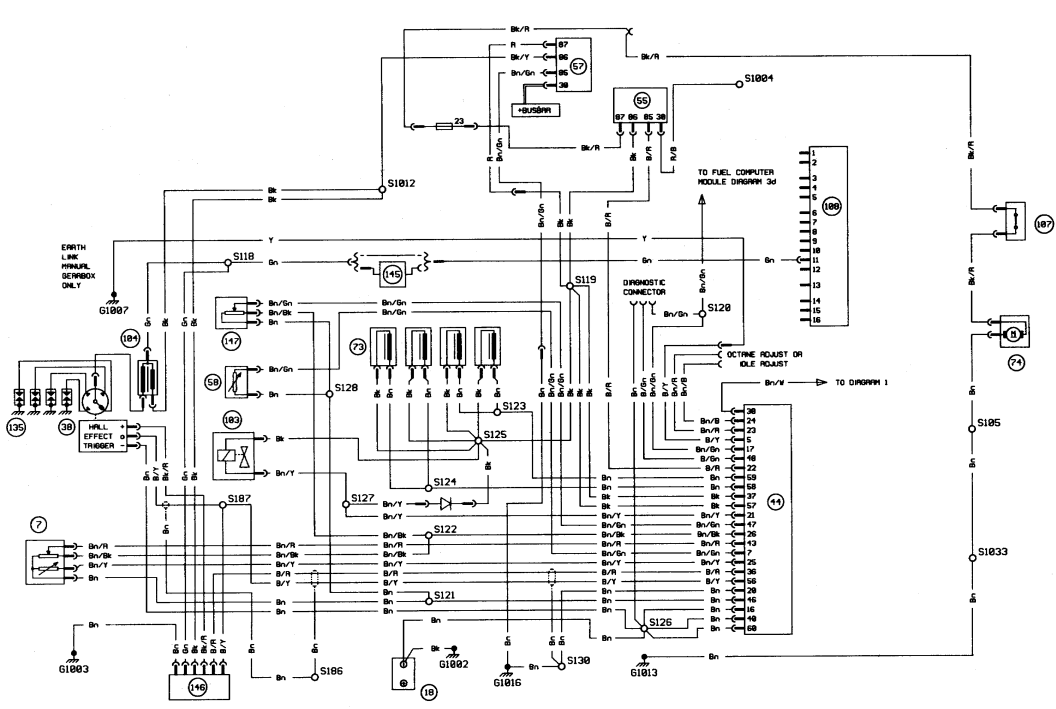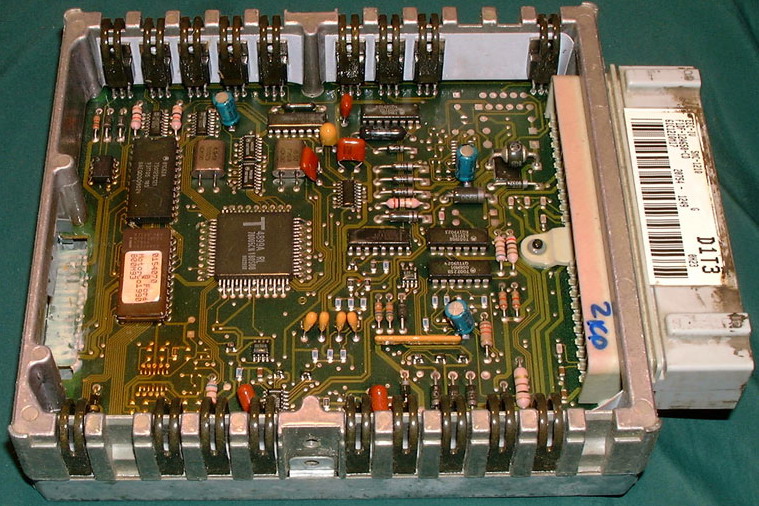When it comes to understanding the electrical systems in your Ford vehicle, having access to a Ford Eec Iv Wiring Diagram can be incredibly valuable. This diagram provides a detailed overview of the wiring and electrical components in your vehicle, allowing you to troubleshoot issues and make repairs with confidence.
Why Ford Eec Iv Wiring Diagrams are Essential
Understanding the wiring diagram for your Ford Eec Iv system is essential for several reasons:
- It helps you identify the various components and their connections within the system.
- It allows you to trace electrical circuits and diagnose issues when problems arise.
- It provides a roadmap for making repairs and modifications to the electrical system.
Reading and Interpreting Ford Eec Iv Wiring Diagrams
Reading and interpreting a Ford Eec Iv Wiring Diagram may seem daunting at first, but with some guidance, it can become second nature. Here are some tips to help you effectively interpret these diagrams:
- Start by familiarizing yourself with the key symbols and codes used in the diagram.
- Follow the flow of the wiring from one component to another, paying attention to how they are connected.
- Refer to the legend or key provided with the diagram to understand the color-coding and labeling of wires.
Using Ford Eec Iv Wiring Diagrams for Troubleshooting
When faced with electrical problems in your Ford vehicle, a wiring diagram can be a valuable tool for troubleshooting. Here’s how you can use the diagram effectively:
- Identify the components involved in the circuit where the issue is occurring.
- Trace the wiring to check for any loose connections, damaged wires, or faulty components.
- Refer to the diagram to understand the expected voltage readings at various points in the circuit.
Importance of Safety and Best Practices
Working with electrical systems can be dangerous if proper precautions are not taken. Here are some safety tips and best practices to keep in mind when using Ford Eec Iv Wiring Diagrams:
- Always disconnect the battery before working on any electrical components to prevent the risk of electric shock.
- Use insulated tools to avoid accidental short circuits or electrical hazards.
- Double-check your work and ensure all connections are secure before reassembling the components.
Ford Eec Iv Wiring Diagram
Eec Iv Wiring Diagram

Ford Eec Iv Schematic – heredfiles

Eec Iv Wiring Diagram – Wiring Diagram Pictures

Eec Iv Wiring Diagram

Ford eec-iv connector pinout

Ford Eec Iv Schematic
